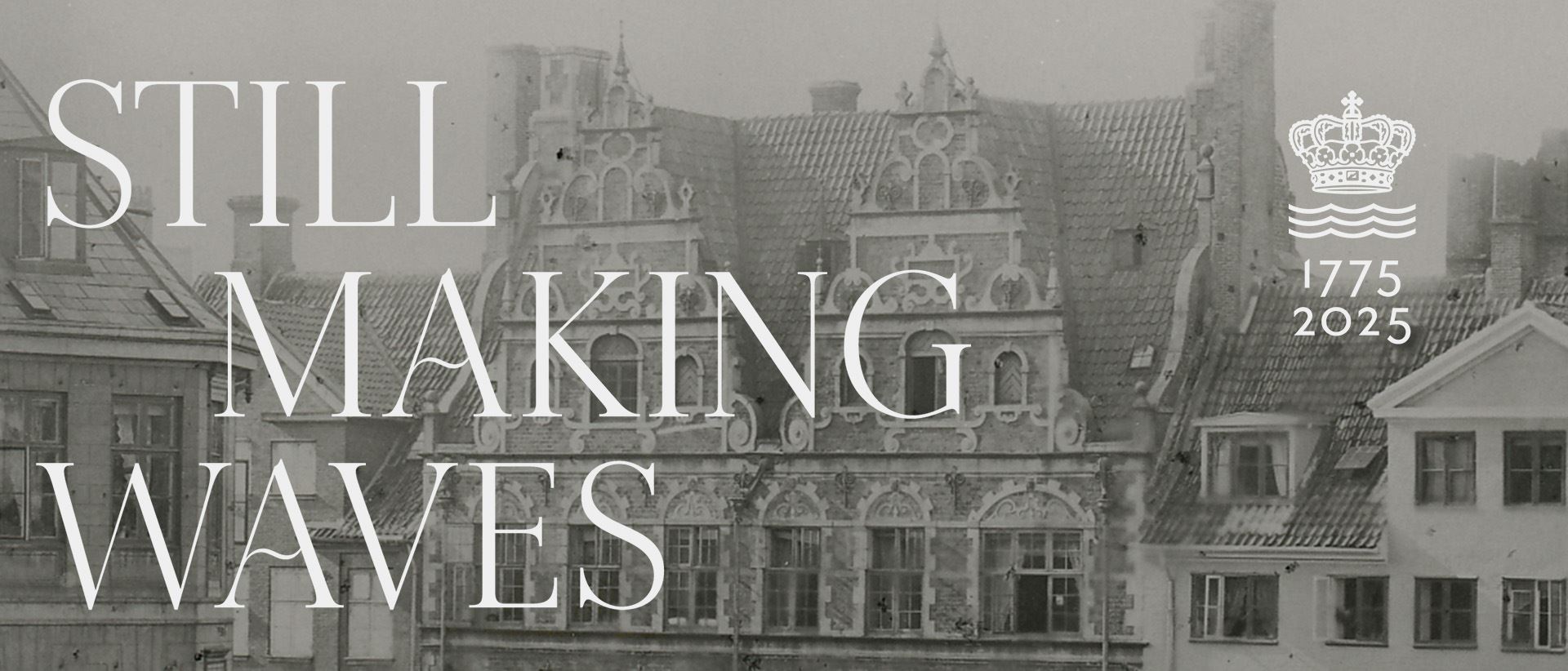Thank you!
We hope you will enjoy your membership of the Royal Copenhagen Collector's Club.


The Danish Porcelain Manufactury is founded by apothecary Frantz Henrich Müller under patronage of Dowager Queen Juliane Marie.

From its very inception the porcelain factory focused on the blue-painted underglaze porcelain and Blue Fluted Plain became the factory flagship - Pattern No. 1

The factory has been building stock for four years and its economy is in a wretched state as a result. The King takes over the financial responsibility and and the factory changes its name to The Royal Danish Porcelain Factory.

Since 1790 a small group of craftsmen at the porcelain factory has been working on a spectacular prestige project - the Flora Danica collection. In 1802 the dinner service is delivered to the Danish Court. To this day Flora Danica remains one of the most precious porcelain collections in the world and is still made by hand in Denmark.

Until 1868 the blue-painter profession had been entirely male dominated. In January of 1868, Eleonora Nielsen was hired as the first female blue-painter and later rose to head painter. By the late 1800's, the blue-painter studios were filled by women.

A young architect, Arnold Krog, is appointed Artistic Director in a bid to revitalize the porcelain factory.

Krog spent the first years of his employment focusing on the Blue Fluted porcelain. He particularly admired a full lace dessert plate from the factory’s early days and this led to Blue Fluted Full Lace becoming a full dinner service. He would also introduce the less intricate Blue Fluted Half Lace.

The Royal Copenhagen Flagship Store moves to its current location at Amagertorv 6 in the heart of Copenhagen. A beautiful renaissance building from 1616 and one of Copenhagen’s oldest.

Dinner services and art pieces are created through collaborations with artists such as Thorkild Olsen, Axel Salto, Gertrud Vasegaard, Erik Magnussen, Henning Koppen and Grethe Meyer – marking the beginning of an artistic legacy still carried on today.

In celebration of Royal Copenhagen’s 225th anniversary, Blue Fluted Mega is introduced as an exciting and captivating reinterpretation of Blue Fluted Plain by Karen Kjælgaard Larsen in which details of Blue Fluted Plain are boldly enlarged.

In Louise Campbell’s Blue Elements, the floral patterns of Royal Copenhagen grow wild, whispering a centuries-old-story in a new setting. The story is in the details with the flutes of Blue Fluted Plain, the border of Blue Fluted Half Lace, and the rimmed edge of the legendary Flora Danica.

Envisioned in collaboration with KiBiSi, HAV is a small but significant porcelain collection that presents new functionalities and shapes. HAV is beautifully spray-painted by hand and adorned with bronze details. The collection is carefully tailored to serve multiple functions - a dinner service that is timeless in design and use.

Bringing together hand-painted elements from the Half Lace collection in new ways, design duo GamFratesi has interpreted the Royal Copenhagen heritage into a new, contemporary expression, brought to life through motifs of creatures from the shore, the shallow waters and the deep sea.

Royal Copenhagen celebrates it 250th anniversary. For two and a half centuries the porcelain factory has refined and redefined Danish craftsmanship. In 2025 Royal Copenhagen embarks on an exciting new chapter with remarkable new introductions in celebration of this monumental milestone.